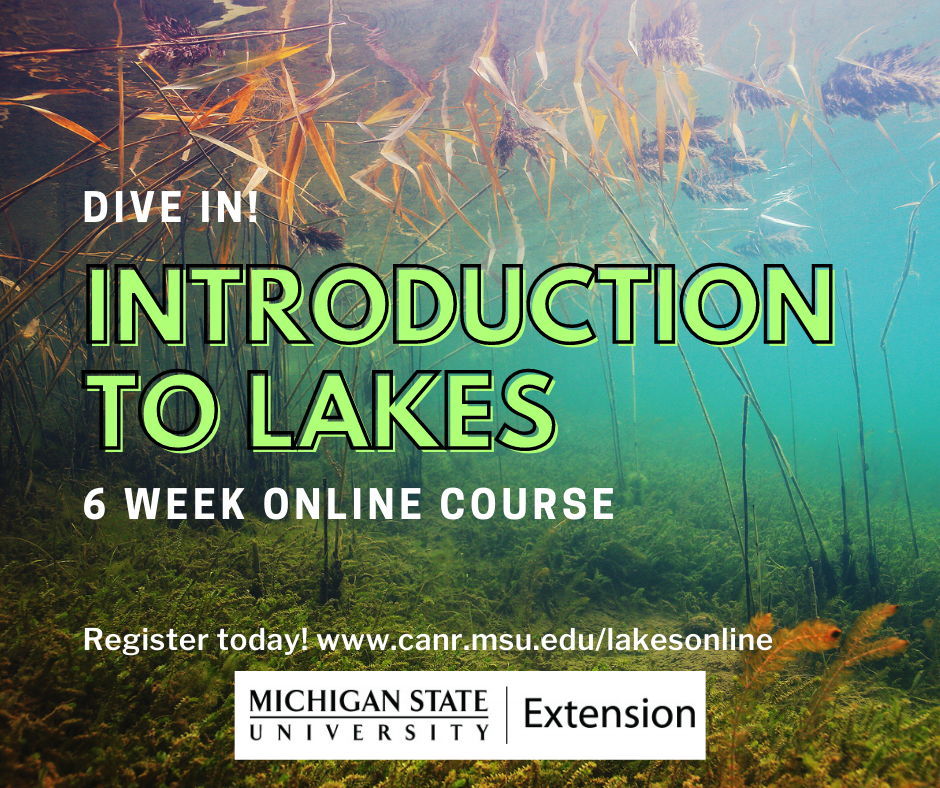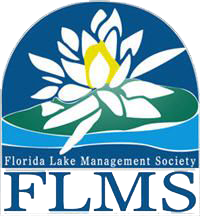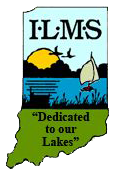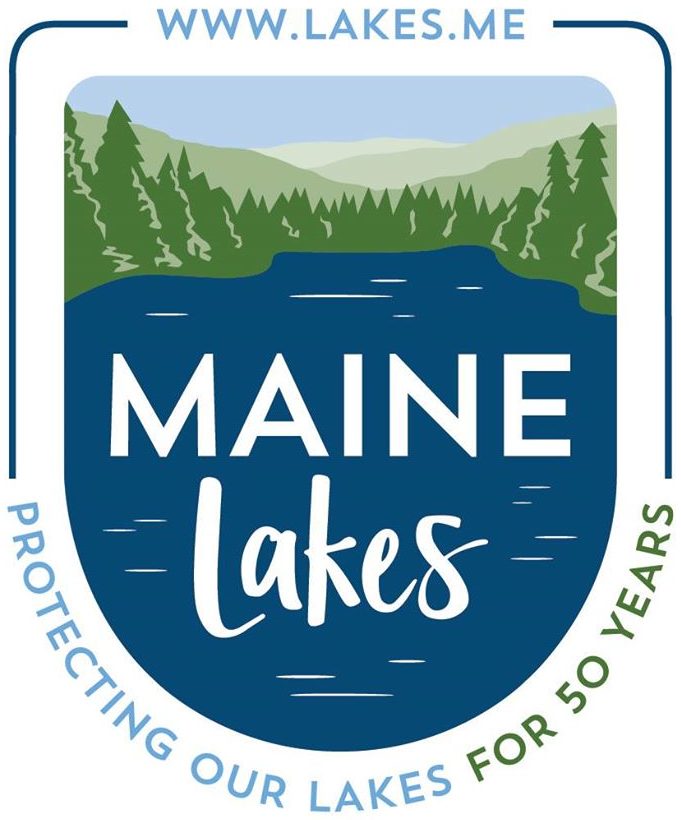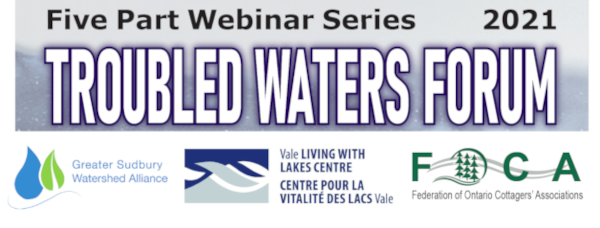Enrollment deadline: Introduction to Lakes Online Course
online n/a, n/a, n/aThe six-week self-paced online course runs January 19 - March 26, 2021 and is designed for anyone interested in inland lakes, including lakefront property owners and lake managers. Course topics include lake ecology, watershed management, shoreline protection, Michigan water law, aquatic plants and community engagement. The course consists of video lectures, interactive activities, discussion forums, […]

